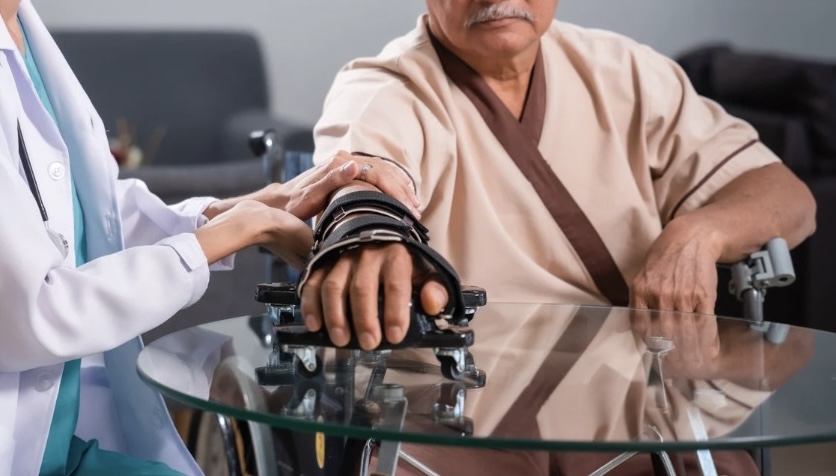LNN Spotlight focuses on major issues important to local Hispanic/Latino and underrepresented communities — stay updated on the monthly series by following us on Spotify, Google Podcasts, Apple Podcasts, Pocket Casts, and Radio Public.
On this episode of LNN Spotlight, Writer/Editor Belén Dumont speaks with AARP New Hampshire State Director Christina FitzPatrick on the invisible work of family caregivers and the types of resources available to them.
The total amount of unpaid care New Hampshire residents provided for their loved ones in 2021 carried a value of $2.8 billion, an increase of $500 million since 2019, according to an AARP report released in March.
Currently, more than half of Millennial family caregivers identify as people of color, while an increasing 27 percent identify as Latino, according to the U.S. Census. Further research shows that about 75 percent of Latino caregivers are women and are likely to be in their early to mid-40s.
As a variety of federal and state-level initiatives look to address the growing financial and emotional stress New Hampshire caregivers are experiencing, community organizations are calling for culturally-informed policies that look at the specific needs and experiences of different communities.
“There’s a real cultural component to how people perceive this role as caregiver,” FitzPatrick said. “So, I’m looking at it and thinking about how difficult it is and it is difficult. But in the Latino community, in particular, there is more of a sense that this is a duty and something that people want to live up to rather than seeing it as a burden or something that they have to do.”
In the interview, Dumont also shared her experiences as a bicultural Latina who watched her family care for all four of her grandparents at home. Listen to learn why she sees “pride” in the family caregiver role.
The COVID pandemic continues to impact family caregivers as it has “disrupted the work patterns and the apparatus that family caregivers had created to help them maintain a balance in their lives,” FitzPatrick explained.
It’s common for family caregivers to work full-time or continue their education while caring for a loved one. Many of these individuals learn to single-handedly juggle multiple schedules and responsibilities at a time, creating a delicate system around them.
FitzPatrick pointed out that “…Hispanic caregivers are more likely than others to be working full-time and they’re more likely than others to be caring both for their own children and for an older relative at the same time.”
According to FitzPatrick, organizations that work with family caregivers are more likely to meet the needs of their clients and understand their perspectives when their staffs are increasingly diverse.
“It’s diversity in all its forms,” she said. “There are differences between people who live in rural areas than people who live in urban areas, people who have kids living at home and people who don’t, people who don’t speak English and people who do.”
FitzPatrick added that all employers can greatly support their employees by providing them with some flexibility so they can better balance their work and caregiving responsibilities.
“It really helps out the worker and the worker’s family and also really helps people to feel more loyal to their employers and in the long run that means you’re reducing turnover,” she said.
Learn more by listening to the full conversation and checking out the March 2023 report at www.aarp.org/
Publisher’s Note: AARP New Hampshire and New Hampshire Latino News are partners in providing greater visibility and voice to local Hispanic-Latino communities.




